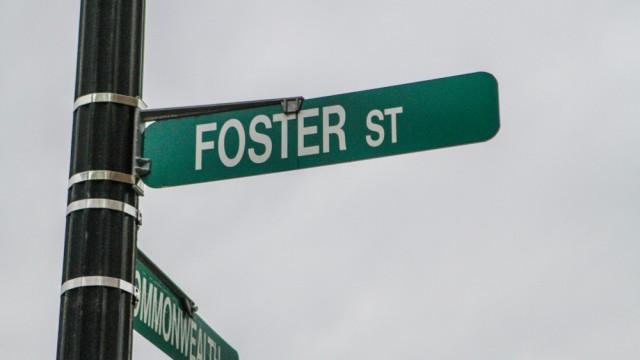As many students move back into their off-campus homes for the spring semester, some may soon be greeted by city inspectional officers knocking at their doors.
For the first time ever, 31 local colleges and universities—including Boston College—have submitted the addresses of their students living off-campus to the City of Boston. Of the 25,000 addresses received, Boston housing officials have compiled a list of 580 potentially overcrowded addresses across the city. In the coming months, the city’s Inspectional Services Department (ISD) will dispatch inspectors to each address to look for possible health and safety violations.
“The city has heard multiple complaints from college students that they are often victimized by absentee landlords and unsafe living conditions,” said University spokesman Jack Dunn. “Now that the city has the addresses where students live, they can do inspections to make sure that the residences meet the appropriate living standards set by the city.”
The city will primarily be searching for issues related to overcrowding. There are more than 45,000 undergraduate and graduate students living off-campus in Boston, according to The Boston Globe. ISD housing inspectors will confirm whether students living in any of the 580 identified units are violating a 2008 zoning rule prohibiting more than four full-time undergraduates from sharing the same apartment, commonly known as the “No More Than Four” law. They will also examine whether these units pose unsafe living conditions, such as a lack of exits or malfunctioning smoke detectors.

Boston Mayor Martin J. Walsh, WCAS ’09, has promised to reverse the trend of overcrowded and often unsafe housing conditions for students. Following a fire at an overcrowded off-campus home last year that killed Binland Lee, a 22-year-old Boston University student, and a Boston Globe Spotlight report that highlighted substandard living conditions in the city’s college neighborhoods, Walsh established a city ordinance that requires colleges to provide a list of student off-campus addresses each semester.
BC previously voiced concerns about disclosing the information, citing federal student privacy laws. The University has since changed its stance on the matter after the city revised the ordinance, requesting only the addresses and number of students living off-campus, not the names of students.
“Every college and university in Boston has now complied with the city’s request,” Dunn said. “This is anonymous data and there is new information that can be drawn from it that does not single out individuals, but rather provides addresses that will help the city keep track of areas where students live for a variety of reasons.”
Over the next few months, ISD officials will be sent to the 580 addresses found in the initial analysis of the housing data. If city officials confirm the location is unsafe or there are too many students living together in one unit, they plan to work with students and landlords to resolve the issue. If the problem persists, officials will document the violation and notify the university.
City officials do not plan to act immediately if violations are discovered. The city pledges to work cooperatively with building owners and universities in the coming months to find effective solutions, only evicting students as a final alternative.
“If the department determines the unit is unfit for human habitation, we will work with property owners, students, and the schools to find alternative housing for the tenant,” said Inspectional Services spokeswoman Lisa Timberlake. “Displacing students is the very last resort.”
According to city officials, the inspections are designed to target absentee landlords—many of whom have resisted efforts to follow city housing codes—forcing students to share overcrowded apartments simply to afford the rent. Building owners will be responsible for impending violations, and the ISD inspections will not punish students for an overcrowding situation.
“The Mayor’s concern is for the safety and wellbeing of students living off-campus, and that is our concern as well,” Dunn said. “The Mayor is not seeking punitive sanctions on undergraduates living in the city of Boston.”
Currently, ISD officials are analyzing the student off-campus housing data received from the local colleges and universities. With new technology, the city hopes the initial analysis of this data will ultimately lead to the inspection all of Boston’s approximately 150,000 rental units over the next five years.
Featured Image by Graham Beck / Heights Senior Staff













